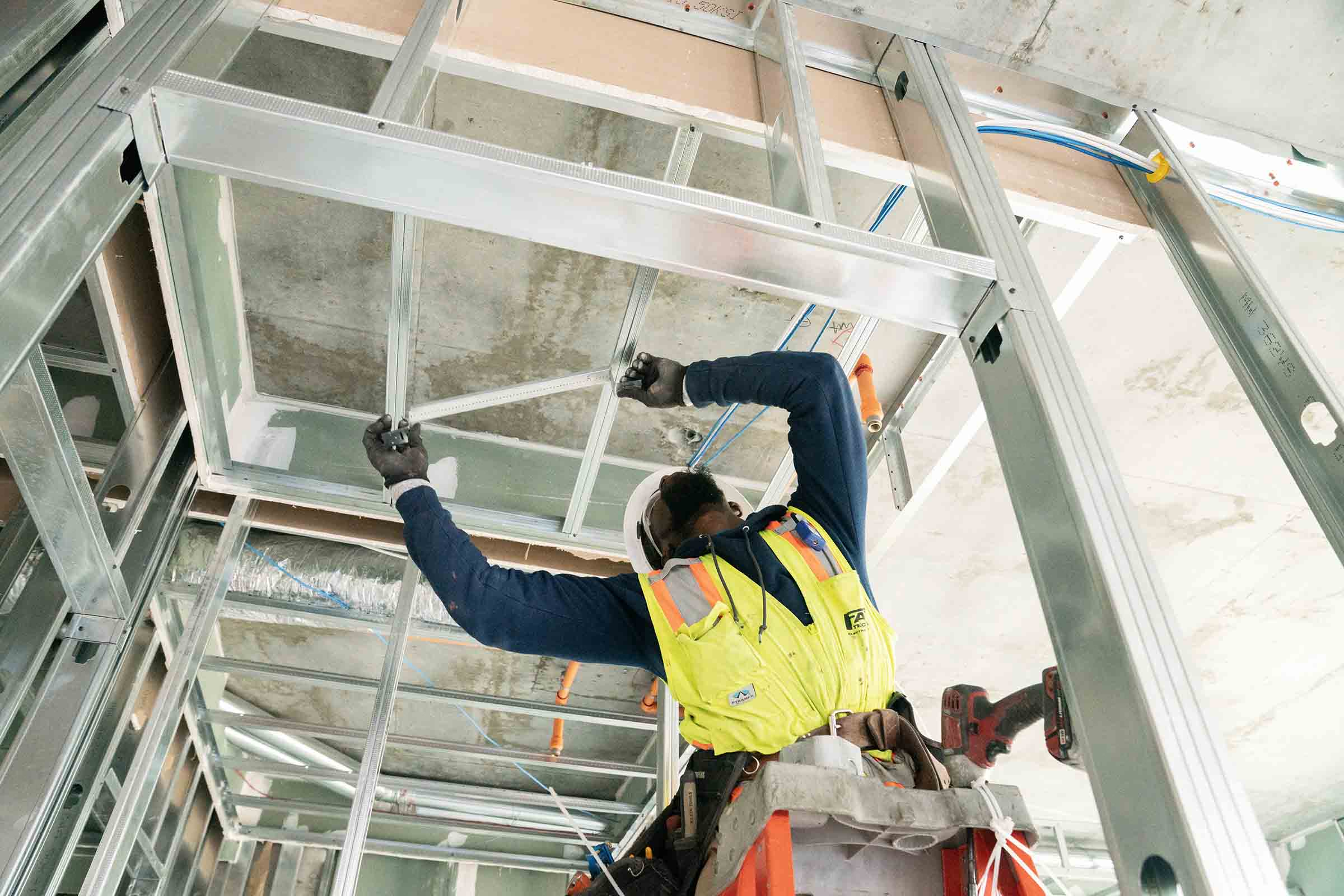Why Inspections Matter in New Construction
Ensuring quality in new home construction goes far beyond selecting the right materials or following design plans. Inspections at every build stage are crucial to identify potential issues early, from structural integrity and electrical systems to plumbing and HVAC installations. Regular, thorough reviews help catch mistakes that could lead to costly repairs or safety hazards, while confirming that construction adheres to local building codes and regulations. Homeowners and builders can confidently believe the final product meets functional and aesthetic expectations by prioritizing these checkpoints.
Working with experienced professionals familiar with local conditions can significantly benefit those building in specific regions. Engaging in construction inspection in Arizona ensures that homes are built to withstand the unique environmental factors of the area, from extreme heat to soil conditions. This proactive approach safeguards long-term value, reduces surprises, and fosters peace of mind throughout construction.
Common Issues Discovered During New Construction
It’s a common misconception that brand-new homes arrive free of flaws. In reality, experienced inspectors often find recurring defects, highlighting the importance of a second set of eyes. The most frequent problems discovered during construction inspections include inadequate insulation, poorly installed or loose wiring, improper drainage, unsealed windows, and HVAC systems not calibrated to house size or local climate demands.
Framing errors, missing structural supports, and improper grade sloping can lead to water intrusion, mold growth, or future instability. Even minor oversights in caulking, flashing, or ventilation can significantly affect a property’s long-term performance and value. Addressing these issues early on contributes to a more energy-efficient, safe, and durable home.
The Role of Third-Party Inspectors
Third-party inspectors serve as unbiased advocates for a home’s quality and safety, without ties to construction companies or municipalities. Their expertise covers various systems, including foundations, framing, electrical, and plumbing. They provide detailed reports with findings and photographic evidence, helping homeowners and builders address issues.
By ensuring adherence to high standards, independent inspectors can resolve disputes before they escalate, create clear records for future reference, and enhance accountability among all parties. They are especially valuable in fast-growing areas where local code enforcement may differ in thoroughness.
Understanding Building Codes and Standards
- Building codes are established minimums set by local, state, and national authorities to protect public health and safety.
- Municipal inspections—typically brief—are designed only to check code compliance at certain phases, sometimes missing details not explicitly required by law.
- Independent inspectors routinely examine building elements not covered by code, such as energy efficiency upgrades, improved insulation, or more robust foundation waterproofing.
Keeping current with evolving building codes and national safety standards can empower homebuyers and builders to ask the right questions and demand higher quality outcomes.
Stages of the New Construction Inspection Process
- Pre-Pour Inspection: This inspection is conducted after site work but before pouring the foundation, focusing on soil compaction, formwork, drainage, and utility layout.
- Pre-Drywall Inspection: This inspection takes place after framing, electrical, plumbing, and HVAC rough-ins are complete, allowing for the identification of hidden defects before drywall installation.
- Final Inspection: A thorough assessment before move-in ensures that all systems function correctly, appliances are safely installed, and code/safety features are in place.
Dividing the inspection process into stages helps identify critical issues early, preventing costly repairs and delays. Catching flaws at these milestones can save thousands.
Benefits to Homeowners and Builders
A comprehensive inspection regime provides wide-ranging benefits. Homeowners are protected from significant out-of-pocket repairs, preserve their property’s value, and can often secure better terms for homeowner’s insurance. Builders who welcome third-party oversight demonstrate a commitment to transparency and high standards—reducing potential warranty claims, lawsuits, or negative reviews. Ultimately, it’s a strategy that supports trust, reputation, and client satisfaction.
Ensuring Lasting Value and Peace of Mind
Thorough inspections during construction are crucial for quality and long-term investment. By proactively addressing issues, homeowners and builders can avoid costly repairs, enhance safety, and ensure systems work as intended. Engaging qualified professionals adds expertise specific to local conditions and regulations. A structured inspection builds confidence, protects property value, and helps create a durable, well-built home.
